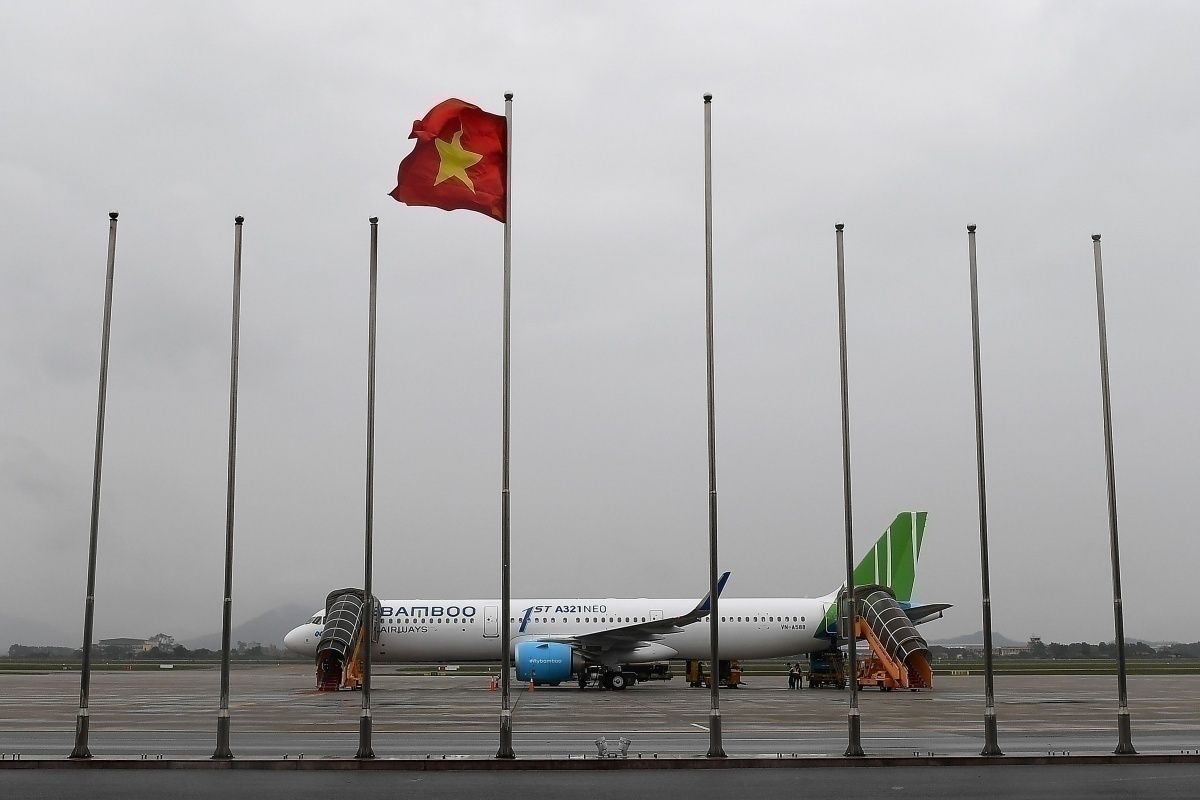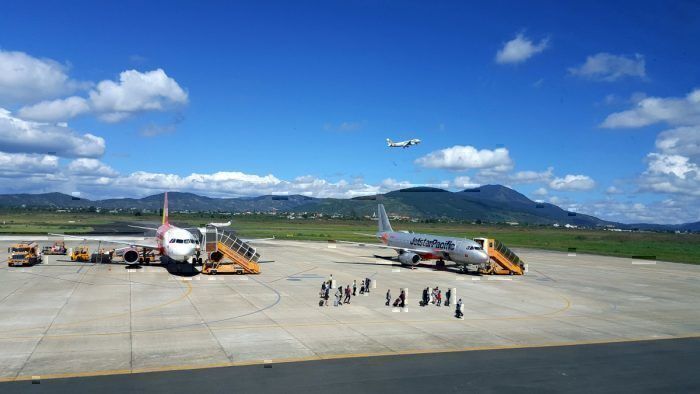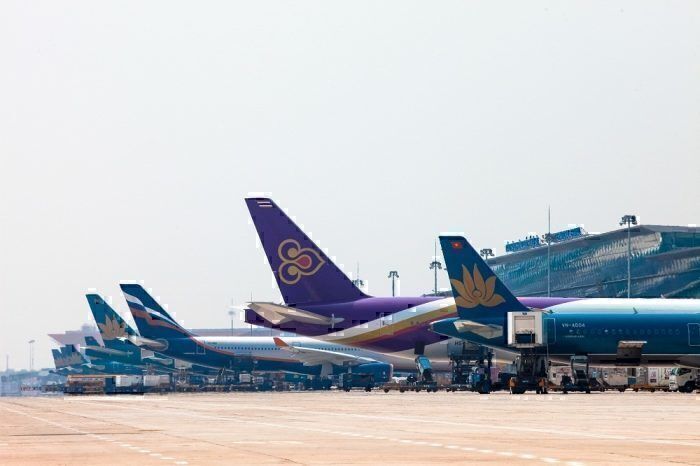Vietnam’s largest conglomerate, Vingroup, has decided to scrap its plans for an airline business. Vinpearl Air should have been launched this summer, with plans to grow to a fleet of 30 aircraft by 2024. It seems worries about Vietnam’s aviation market becoming saturated are at the heart of Vingroup’s decision.
Vinpearl Air gets the chop
Vinpearl Air was mooted last summer to become the 6th airline in Vietnam, following hot on the heels of newly launched Bamboo Airways. However, it now seems that the dream of the Vingroup to enter the aviation industry has been shelved, as the conglomerate is reported to be abandoning the project.
As Vietnam’s largest conglomerate, there were high hopes Vingroup could make a great success of the airline business. Just like Tata Sons in India have done with Vistara, the Vingroup’s airline would have had substantial financial backing to compete in the increasingly crowded Vietnamese market, a market which is pegged for exponential growth over the next decade or so.
The airline was slated to begin operations in the summer this year, operating out of Vietnam’s Noi Bai airport in Hanoi. Vinpearl Air would operate both domestic and international services, growing its fleet to 30 aircraft by 2024.
Nguyen Viet Quang, Deputy Chairman and CEO of Vingroup, told Vietnam News about his decision to withdraw from the project, saying,
“Vingroup's strong investment in aviation can lead to oversupply, causing waste. We also need to focus resources on developing our technology and industry segment, so we decided to withdraw.”
Quang stated that the aviation market in Vietnam is still growing, and that there is still potential there. But he also warned that it is reaching the point of oversupply. As such, Vingroup submitted its withdrawal to the Ministry of Transport today, moving instead to focus on other endeavors including smartphones and automotive projects.
Is Vietnam’s aviation marketplace reaching saturation point?
Vietnam’s airline marketplace already has five operating airlines. Vietnam Airlines, VietJet Air, Bamboo Airways, Jetstar Pacific Airlines and Vietnam Air Services have, between them, accumulated a strong market share.
Analysts suggest that the market is indeed reaching the point of saturation. Passenger traffic in 2019 was up 12% from the year before, at 116 million passengers, but bottlenecks at airports are starting to become a problem.
Noi Bai and Tan Son Nhat are the nation’s two international airports, and both handled more than their designated capacity in 2018. Vietnam Investment Review notes that Noi Bai saw 38.5m passengers in 2018 and Tan Son Nhat 26.1m, far above their 28m and 25m respective capacities.
This poses problems for both airports in terms of maintenance and general management of the facilities. Runways are showing cracks due to too many aircraft taking off and landing, and the passenger facilities are tired and often crowded, with long queues for services.
These Vietnamese airports, and the domestic facilities in the nation, desperately need to invest in better infrastructure and larger terminals to keep pace with the growing demand for air travel to and from the country. Growth in passenger traffic is predicted to slow, at least until the airports are better equipped to handle more throughput.
With this in mind, the scrapping of Vinpearl Air, while disappointing for some, is likely a logical move. Vietnam only needs to look at India to see what oversupply can do to airline profitability, and what the outcomes will eventually be.
What do you think? Was Vingroup right to scrap Vinpearl Air? Or was there room in Vietnam for one more carrier? Let us know in the comments.



